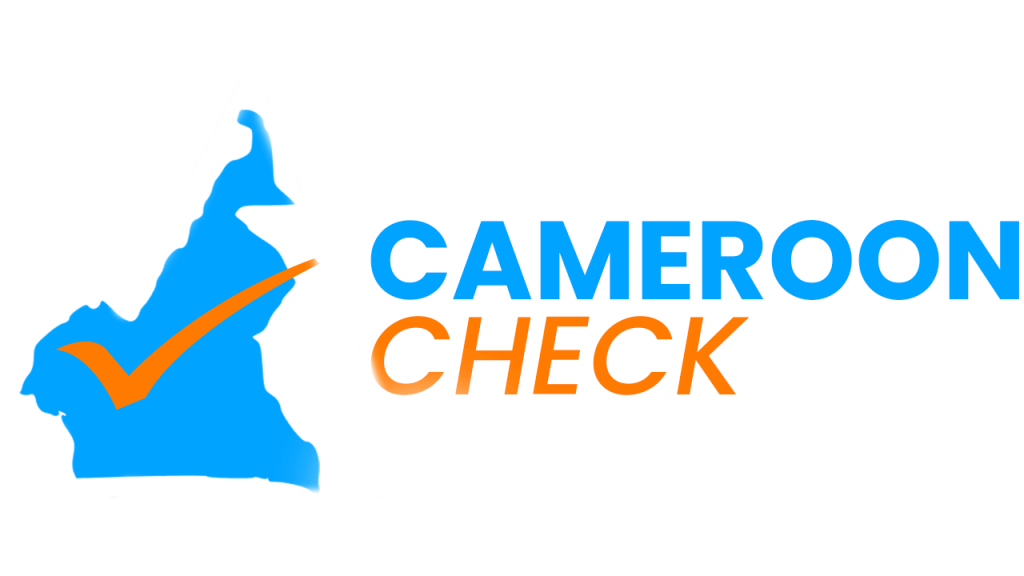The proliferation of misinformation in today’s digital age poses significant challenges to various aspects of society, including public health, elections, and social cohesion. Misinformation, defined as false or misleading information spread unintentionally or deliberately, can have far-reaching consequences. Fact checking, the process of verifying and correcting inaccurate information, is crucial in combating the spread of misinformation. This research project aims to investigate the impact of misinformation on different societal domains and provide evidence-based insights for effective fact-checking strategies.
Research Question and Hypothesis
Research Question: What is the impact of misinformation on public health, elections, and social cohesion, and how can fact-checking strategies effectively mitigate its effects?
Hypothesis
Misinformation negatively affects public health outcomes, undermines the integrity of elections, and weakens social cohesion. Effective fact checking strategies can mitigate the impact of misinformation by providing accurate information and promoting critical thinking.
Literature Review
The existing literature highlights the detrimental effects of misinformation on public health, elections, and social cohesion. Studies have shown that the spread of false health information can lead to harmful behaviours, vaccine hesitancy, and increased disease transmission. In the context of elections, misinformation campaigns can distort public opinion, undermine trust in democratic processes, and influence voting behaviours. Moreover, the dissemination of divisive and false narratives can exacerbate social divisions and erode social cohesion.
While previous research has provided valuable insights, there are still gaps and limitations. Many studies have focused on specific domains, neglecting the interconnectedness of misinformation’s impact on society. Furthermore, the effectiveness of fact checking strategies in countering misinformation remains a topic of ongoing debate. This research project aims to address these gaps and contribute to a more comprehensive understanding of the issue.
Methodology
To investigate the impact of misinformation and assess the effectiveness of fact checking strategies, a mixed methods approach will be employed. Data will be collected from various sources, including social media platforms, news articles, and public health databases. Quantitative analysis will involve examining patterns of misinformation dissemination online, identifying key misinformation topics, and disseminating questionnaires. Qualitative analysis will involve in-depth interviews to explore the experiences and attitudes of individuals affected by misinformation.
To ensure the reliability and accuracy of information, we will implement rigorous fact checking protocols. We will consult multiple fact checking organizations to verify the accuracy of claims and statements. We will prioritize ethical considerations and ensure the privacy and confidentiality of participants. Potential challenges include the large volume of data, the rapid evolution of misinformation, and the need for interdisciplinary collaboration.
Expected Results
The research expects misinformation to harm public health, elections, and social cohesion. It will explore how misinformation impacts these areas, including conspiracy theories, trust erosion, and community polarization.
The results will provide evidence based insights for developing effective fact checking strategies. These strategies may include proactive debunking, targeted interventions, and educational campaigns that promote media literacy and critical thinking skills. By countering misinformation and promoting accurate information, fact checking initiatives can help mitigate the negative societal effects of misinformation.
Conclusion
The project explores misinformation’s impact on public health, elections, and social cohesion, offering evidence based insights for effective fact checking. It investigates how misinformation affects society and evaluates fact checking interventions, advancing knowledge.
The results will inform policymakers, fact checkers, and the public, helping safeguard public health and democratic integrity. The research addresses a societal challenge, providing practical solutions against misinformation.
Other Fact Checks From Cameroon Check check (click the hyperlink on Cameroon Check)

